The sacking of Robbie Neilson this week was a sharp reminder of just how brutal football can be, and how precarious the job of a football manager is.
Earlier in the season, Robbie had guided Hearts to the group stages of the Conference League, amassing a relative fortune for the club along the way.
Having come through the demands that put on his squad, they seemed to be heading serenely to consecutive third place finishes in the Premiership.
And then it all fell apart.
Since the start of March, Hearts have meekly exited the Scottish Cup at the hands of Celtic and lost four league games on the bounce.
They have scored just two goals during that time and conceded 13.
As tailspins go, it has been as dramatic as it was unexpected.
What did not come as a surprise was Neilson’s departure.
Even before he left first time round, an element of the Hearts support had it in for him – and that feeling clearly had not dissipated, given the recent daubing of slogans on the Tynecastle forecourt.
He was not helped by Barry Robson guiding the Dons to five straight victories while his side imploded, and that was the catalyst for the Hearts board to make their move.
Steven Naismith will see the season out, but it would come as no shock should they turn to Derek McInnes in the summer.
Hearts were the fourteenth club in the SPFL to sack their manager this season.
Three of them – Dundee United, Motherwell and Peterhead – have made multiple changes.
There have been five in the Premiership, two in the Championship, three in League One and four in League Two, an average which is down slightly on recent years.
It is fair to say those decisions have brought varying levels of success.
In terms of the top-flight, it is difficult to put up a serious case for any of the bosses who lost their jobs.
The Dons were right to fire Jim Goodwin, in fact plenty would suggest they gave him too long.
Meanwhile, Rangers’ relative resurgence under Michael Beale suggests sacking Giovanni van Bronckhorst was the correct course of action for the Ibrox board.
Of the two clubs where the trigger has twice been pulled, Motherwell have clearly reaped the greater dividends.
Having binned Graham Alexander at the start of the campaign, the Fir Park side turned to club legend Stevie Hammell, but it always looked too big a role for him and, after eleven without a win in the Premiership and a tame Cup exit in Kirkcaldy, he was out.
Stuart Kettlewell took over and was quickly installed on a permanent basis. He was now won five out of seven, lost only once – to Rangers – and has led his side to safety.
As for United, Jack Ross went early, but could hardly put up much of a defence after 7-0 and 9-0 defeats to AZ Alkmaar and Celtic, respectively.
Liam Fox was the initial replacement, but like Hammell, never really got going, and the Tannadice club surprised us all by turning to Goodwin.
He got his first win last week over Hibernian – another side which might well be contemplating a change – and could yet keep them up, which he will have to if he wants the job longer term.
VAR should be able to overturn incorrect yellows which lead to red cards
In a statement issued in the wake of their defeat at Celtic Park, Rangers announced they were “astonished” the Scottish FA had backed the decision to disallow Alfredo Morelos’ opening goal.
While there have been plenty of VAR calls which have elicited such a reaction this season, I do not believe that one deserved such prominence.
I understand Rangers’ frustration, given how vital that goal might have been, but there was an interaction between the players, and enough evidence to suggest Morelos had gained an advantage in pushing Alistair Johnston to the ground.
The decision by Kevin Clancy was certainly not a clear-and-obvious error.
The biggest faux-pas last weekend was the sending-off of Hearts’ Robert Snodgrass, given a second caution for a perfectly fair tackle against St Mirren.
Of the many areas of concern surrounding VAR, the inability to overturn yellow cards which lead to a red is one that urgently needs addressed.
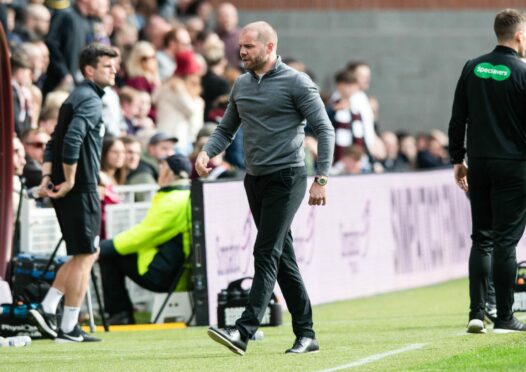
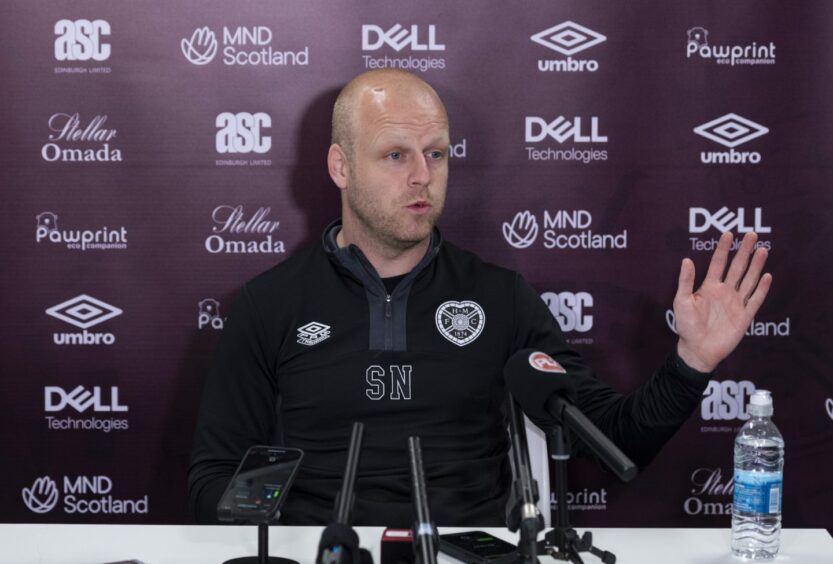
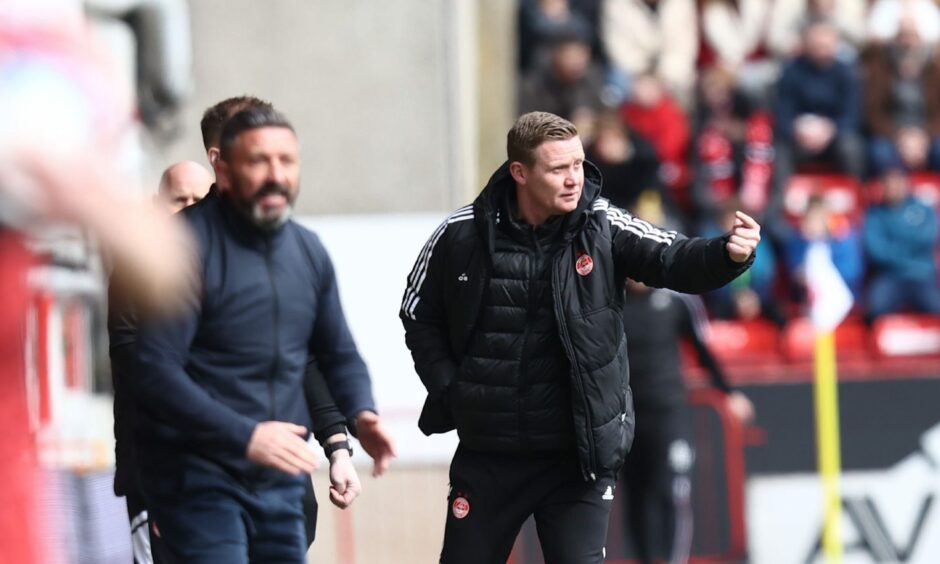
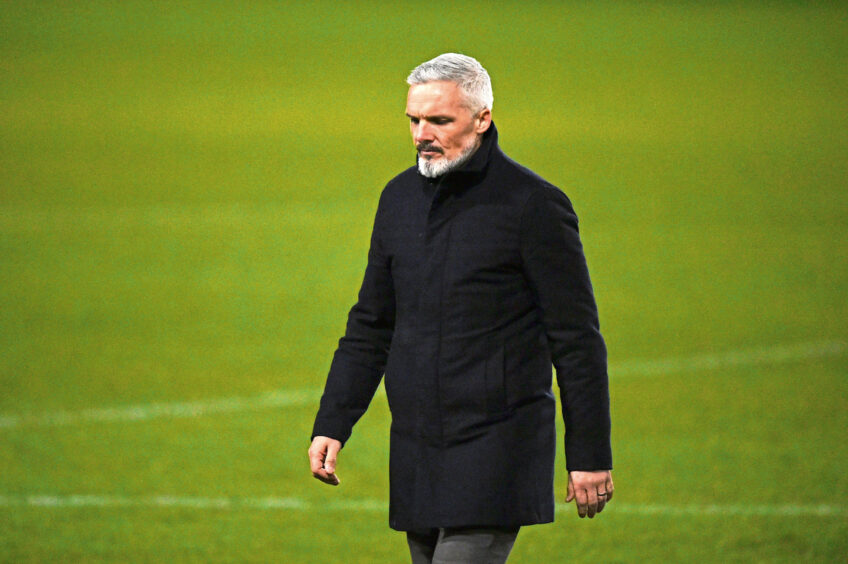
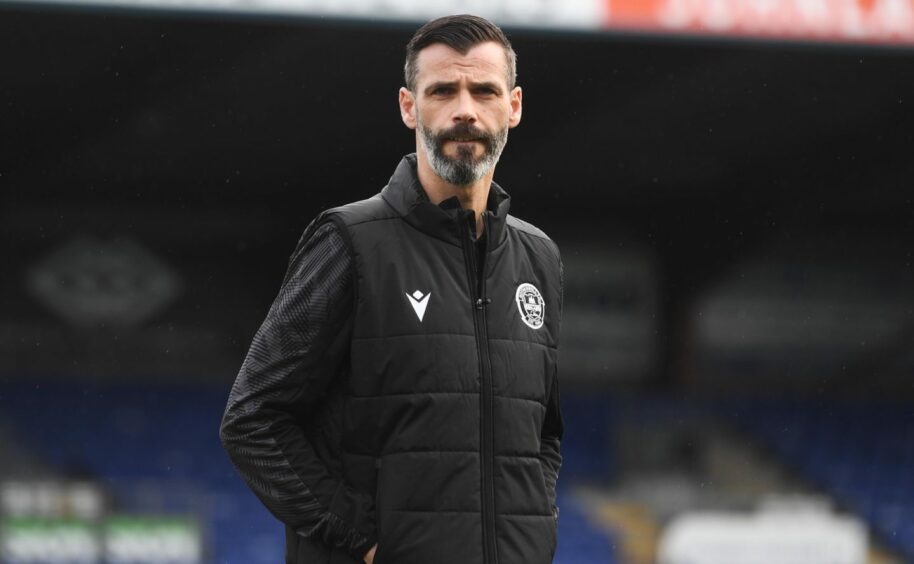
Conversation